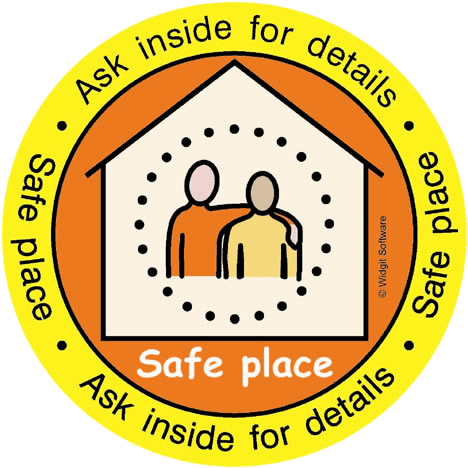When you’ve experienced or witnessed hate crime, you might feel like there’s nothing you can do about it - but there’s always something you can do.
Making a report of what you’ve seen or what’s happened to you is a really important way to take action against hate crime. Even if your report is of something that doesn’t feel significant, it’s hugely helpful for the community to understand what’s happening in their area and take steps against it.

